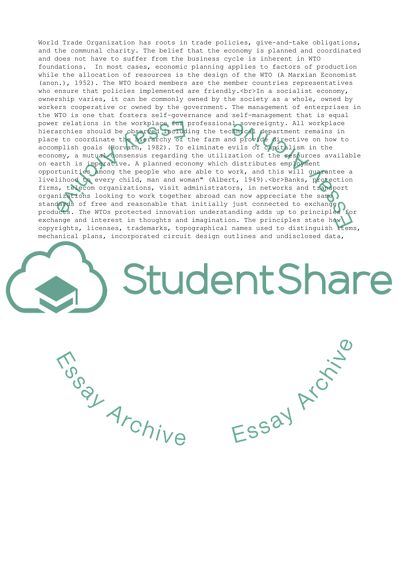Cite this document
(ORGANISATIONS IN ECONOMIC CONTEXT Essay Example | Topics and Well Written Essays - 2000 words, n.d.)
ORGANISATIONS IN ECONOMIC CONTEXT Essay Example | Topics and Well Written Essays - 2000 words. https://studentshare.org/macro-microeconomics/1871977-organisations-in-economic-context
ORGANISATIONS IN ECONOMIC CONTEXT Essay Example | Topics and Well Written Essays - 2000 words. https://studentshare.org/macro-microeconomics/1871977-organisations-in-economic-context
(ORGANISATIONS IN ECONOMIC CONTEXT Essay Example | Topics and Well Written Essays - 2000 Words)
ORGANISATIONS IN ECONOMIC CONTEXT Essay Example | Topics and Well Written Essays - 2000 Words. https://studentshare.org/macro-microeconomics/1871977-organisations-in-economic-context.
ORGANISATIONS IN ECONOMIC CONTEXT Essay Example | Topics and Well Written Essays - 2000 Words. https://studentshare.org/macro-microeconomics/1871977-organisations-in-economic-context.
“ORGANISATIONS IN ECONOMIC CONTEXT Essay Example | Topics and Well Written Essays - 2000 Words”. https://studentshare.org/macro-microeconomics/1871977-organisations-in-economic-context.


